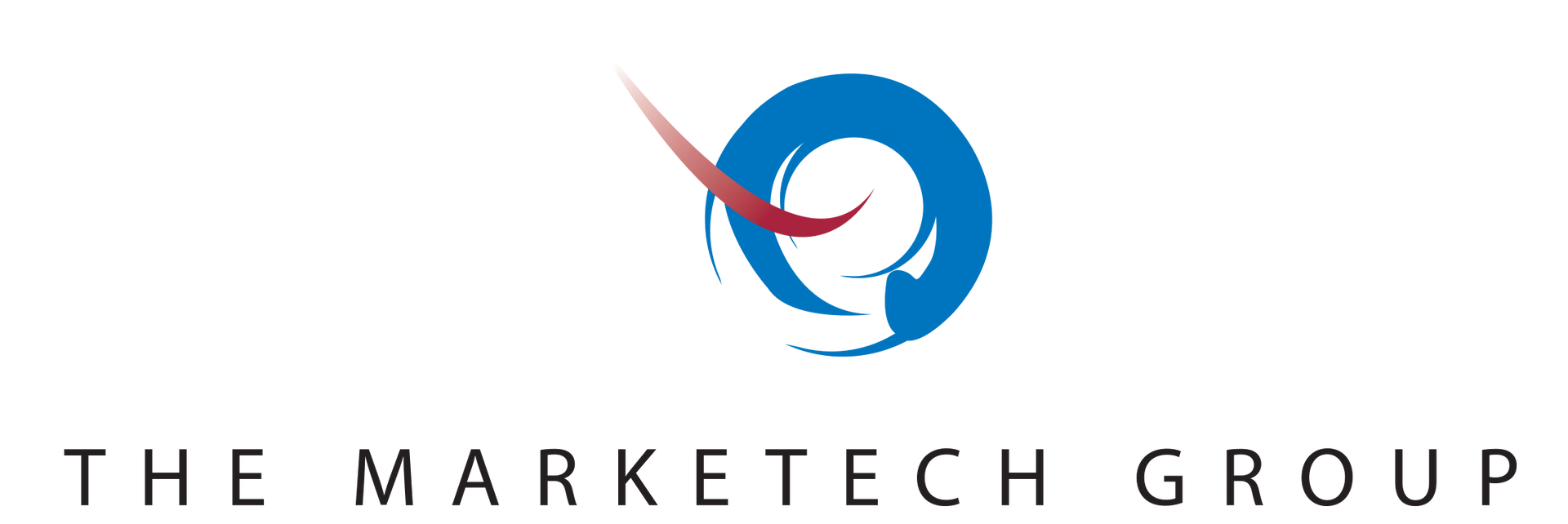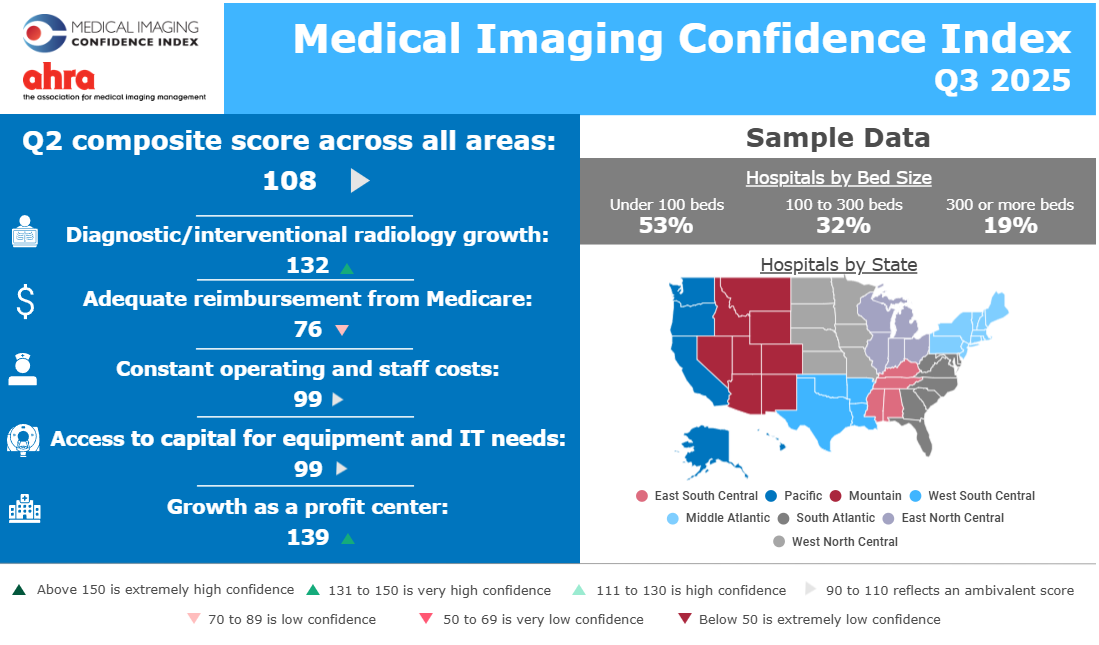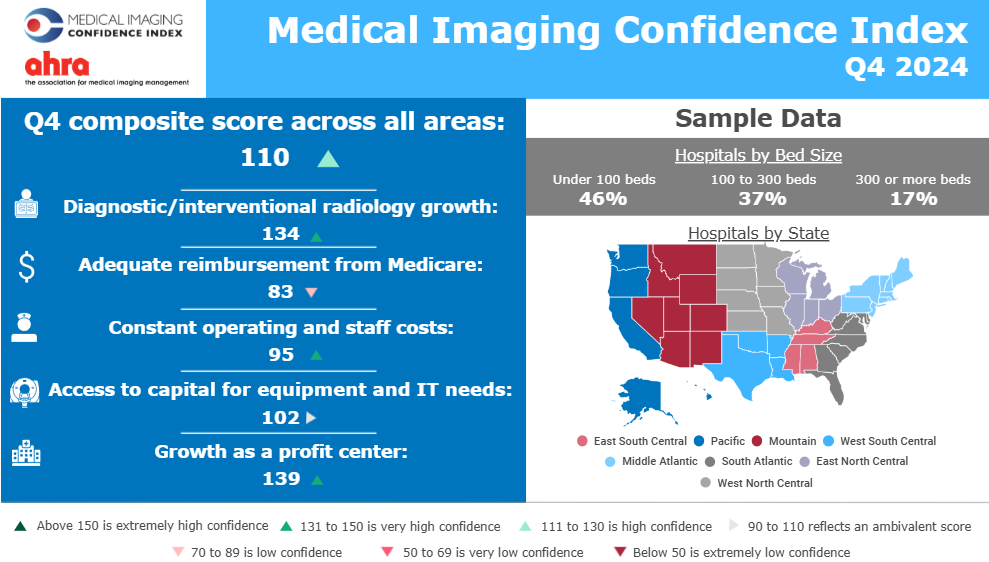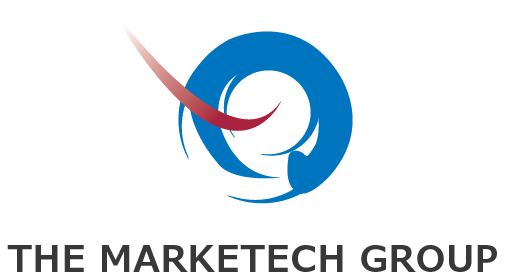In-House vs. Agency: When to Outsource Marketing Research
Share this article:
Written by: The Marketech Group

Marketing research (MR) is essential for making informed and confident business decisions at every stage of product development, from early opportunity assessment to crafting a sales strategy. In today’s competitive landscape, high-quality research enables organizations to stay aligned with customer needs, reduce strategic risk, and invest in the most promising ideas.
Many companies have made substantial investments in building capable in-house research teams. These teams often combine marketing research expertise with deep product knowledge and organizational alignment. Because they are embedded within the company, they have a strong understanding of internal dynamics, direct access to proprietary data, and close relationships with stakeholders. This allows them to provide quick-turn insights and stay closely connected to shifting business priorities.
However, even the most robust in-house teams may overlook the benefits of collaborating with an external marketing research agency. Working with an outside partner can bring objectivity, specialized expertise, and new perspectives that internal teams may not be positioned to deliver. Rather than replacing in-house capabilities, a well-timed agency partnership can enhance the depth and breadth of insight, especially when tackling complex business questions. Understanding when and how to bring in an external partner is key to optimizing your overall research strategy and ensuring you are making truly data-driven decisions.
In-House Marketing Research: Good practice, but limitations can arise
Conducting in-house market research is an important practice for keeping internal teams educated with up-to-date customer feedback. Internal research teams are often well-versed in the company’s strategic goals and can act quickly on requests. They usually require little to no ramp-up time, have access to internal data sources, and are familiar with product roadmaps and customer segments. These advantages make them especially effective for gathering rapid insights, tracking customer sentiment, and responding to ongoing business needs.
Maintaining a dedicated in-house research function also supports organizational learning over time. As internal teams accumulate institutional knowledge, they can adapt research activities to evolving priorities and generate insights that are tailored to specific product lines, customer types, or business units.
Still, despite these strengths, internal research teams are not without limitations:
- Limited bandwidth: Internal teams frequently face competing demands from multiple departments. During busy seasons, they may lack the time and resources to manage several large-scale studies in parallel. This can create delays or require trade-offs between research depth and delivery speed.
- Fragmented teams: Because internal researchers often wear multiple hats or support several divisions, their focus may be stretched across too many initiatives. As a result, it can be difficult to maintain consistency in research design or execution. This can reduce the reliability of results when comparing findings across projects or over time.
- Lack of expertise with complex methodologies: Many internal teams are highly capable when it comes to gathering customer feedback through surveys or interviews. However, more advanced analytical methods (such as conjoint analysis, segmentation, or predictive modeling) often require specialized training. These methods are essential when answering nuanced questions about pricing, market sizing, or product adoption.
- Internal biases: Even the most well-intentioned internal teams may struggle to maintain objectivity. Familiarity with internal hypotheses or stakeholder expectations can introduce subtle bias into study design, interpretation, or reporting. Without an outside perspective, research may unintentionally reinforce existing assumptions rather than challenge them.
Benefit to using an external agency
For critical business decisions where objectivity, methodological rigor, and advanced analytics are needed, partnering with an external market research agency can provide substantial value. Agencies bring a fresh, unbiased perspective and are staffed with consultants who specialize in designing and executing complex research studies. These firms often have experience across industries and can draw on a wide range of best practices to meet your specific needs.
Working with an external agency does not mean sidelining your internal team. In many cases, the two work best in tandem. The agency brings deep analytical capabilities and external validation, while the internal team ensures organizational alignment and helps drive stakeholder engagement.
Outsourcing to an external agency can deliver several distinct advantages:
- Unbiased perspective: Agency researchers approach your business with fresh eyes. By combining domain expertise with independence from internal politics or assumptions, they are well-positioned to uncover unexpected insights.
- Predictable cost and timing: Agencies typically operate on a project basis with well-defined scopes of work. This structure provides clarity around pricing and timelines from the outset, which supports efficient planning and project management.
- Expertise: Research consultants often have advanced training in statistics, behavioral science, or data modeling. They can design studies that go beyond surface-level findings and deliver deeper insights about customer behavior, pricing elasticity, and market segmentation.
- Consistent rigor: Because agencies conduct research full time, they bring a consistent level of quality and reliability to every engagement. Their reports and analyses can serve as benchmarks for future studies or as tools to guide internal decision-making.
- Tools and software:
Many agencies invest in
proprietary tools
that allow for more sophisticated analysis. These tools can include simulators for pricing and adoption, segmentation, and more.




